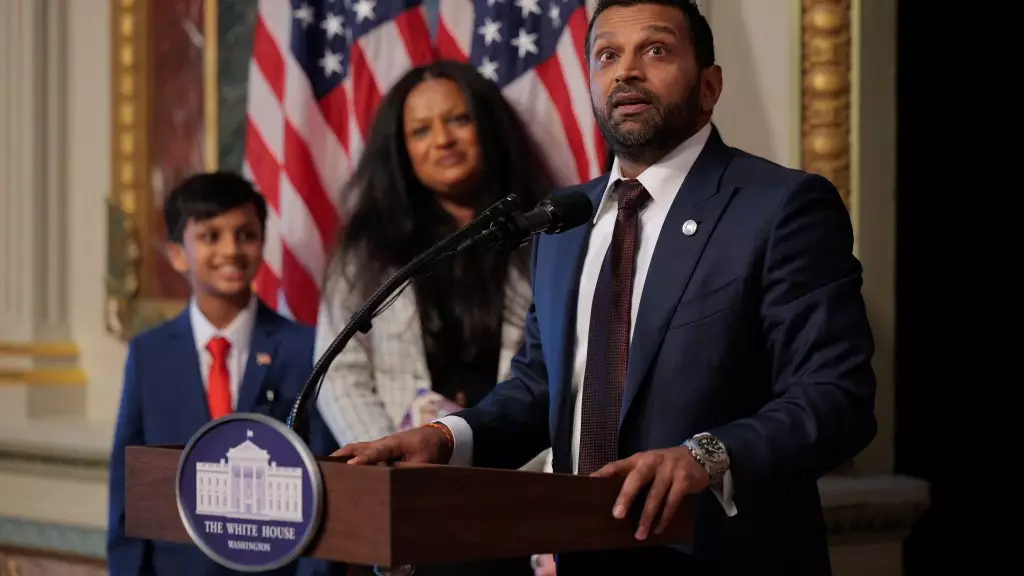The recent announcement regarding the potential collaboration between the FBI and the Ultimate Fighting Championship (UFC) has sparked a wave of reactions, ranging from skepticism to unexpected support. Newly appointed FBI Director Kash Patel’s vision of introducing UFC trainers to enhance agents’ martial arts and self-defense skills has been met with criticism from various corners, including agents who have described the initiative as “surreal” and “wacky.” However, for UFC Hall of Famer Tito Ortiz, the concept is far from absurd; rather, it is a “brilliant idea,” provided that the right fighters are selected for the training.
The rationale for incorporating mixed martial arts training into the FBI’s regimen emerges partly from the nature of modern law enforcement challenges. In an era where confrontations often escalate quickly, equipping agents with effective self-defense mechanisms seems not just advantageous but essential. During his inaugural video conference with the supervisors of the FBI’s 55 field offices, Patel emphasized a proactive approach to ensuring agents are well-prepared for a variety of confrontational situations. This collaboration is notably underscored by Dana White’s longstanding relationship with political figures, which lends an air of legitimacy (and perhaps controversy) to this unusual proposal.
Ortiz, who has a considerable background in training law enforcement personnel, adds depth to this discussion. His experience dates back to training members of the California Highway Patrol and military special forces. Currently, he continues to collaborate with agencies such as Homeland Security and local sheriff’s departments in Florida. Ortiz articulates that the primary focus of such training should not be about engaging in combat for combat’s sake; instead, it’s about teaching officers how to effectively subdue individuals safely and humanely. This distinction is crucial, as it highlights the ethical responsibility that comes with law enforcement duties.
According to Ortiz, for this proposed training to have a tangible impact, it must be continuous. He emphasizes that repetition is key to developing muscle memory, allowing agents to react instinctively in high-pressure situations. This assertion raises important questions about the sustainability and integration of such training within the existing framework of police procedures. Regular training cycles could foster a culture of preparedness that benefits both officers and the communities they serve.
Despite the seemingly positive aspects of this initiative, the concerns expressed by agents cannot be overlooked. The integration of UFC training into the FBI’s operations may bring about perceptions of glorified violence, detracting from the laudable goal of promoting peace and order. Critics might argue that transforming agents into combat-ready fighters could introduce biases in how they handle confrontational situations.
As the FBI weighs the merits of collaborating with the UFC for martial arts training, it stands at a crossroads. The intersection of law enforcement and mixed martial arts, while potentially beneficial, demands careful consideration of its broader repercussions on society and public perception. Only time will reveal whether this ambitious initiative will prove to be a revolutionary step forward or a misstep in an already complex field of law enforcement.

